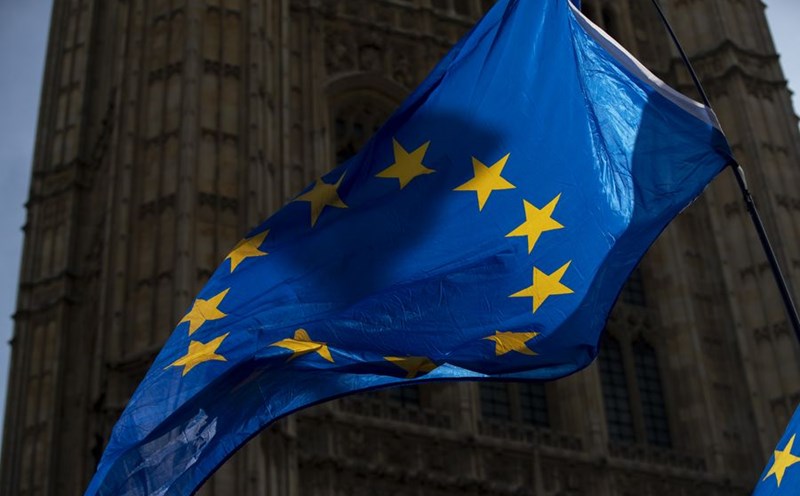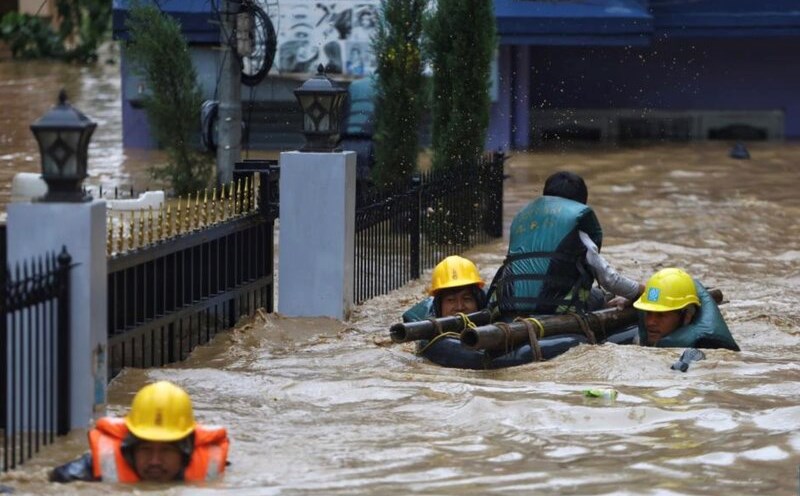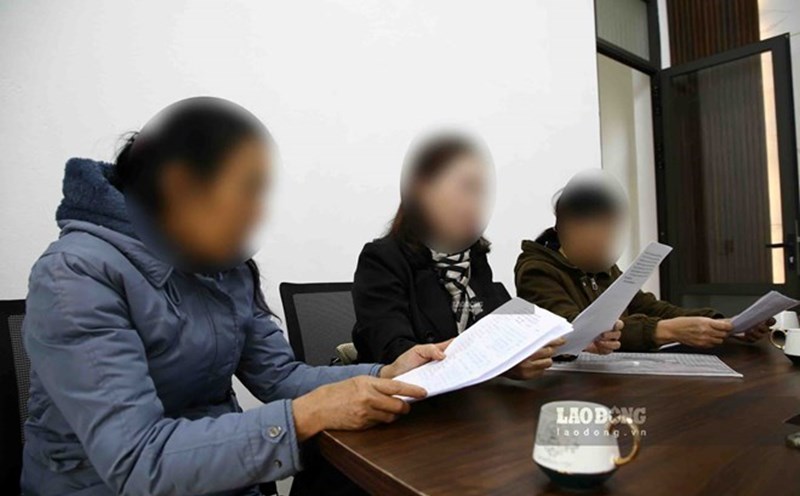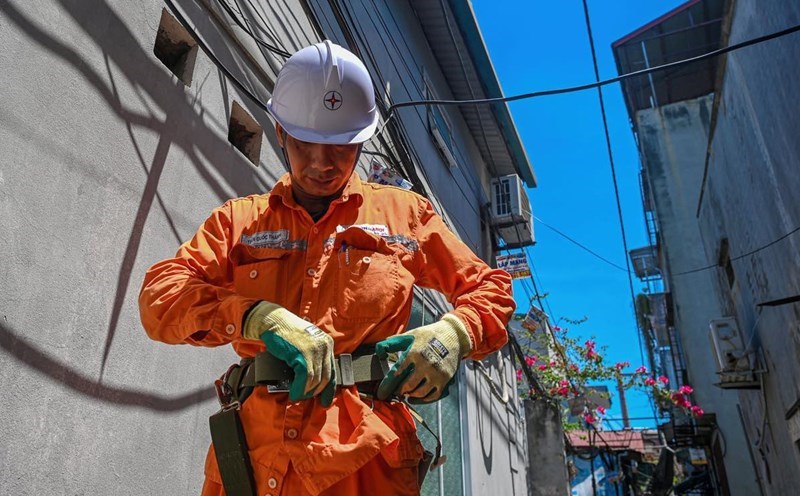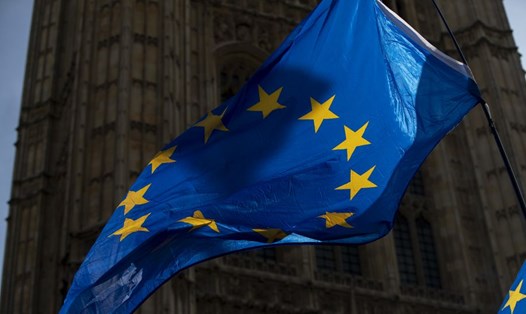On September 9, the Nepalese government decided to lift a ban on social media access after large-scale protests broke out, killing at least 19 people and injuring more than 100 on September 8.
Minister of Communications and Information Technology and cabinet spokesman Prithvi Subba Gurung said the platforms have resumed operations after the government withdrew the controversial decision.
The wave of outrage broke out as thousands of young people, many wearing school uniforms and students, took to the streets of the capital Kathmandu and many other cities, carrying the slogan "A end to corruption, do not block social networks" and "Young generation against corruption".
Some strikers broke barriers, stormed into the parliament area, threw hard objects at the police, and burned ambulances. Security forces responded with pepper spray, dragon hops, hoes and rubber bullets.
Of the 19 dead, two were confirmed dead in the eastern city of Itahari as violence escalated. More than 100 people were injured, including 28 police officers. Many victims were taken by motorbike to the hospital for emergency care.
The Ministry of Home Affairs had previously confirmed that Ramesh Lekhak, Minister of Home Affairs of Nepal, had submitted his resignation, accepting moral responsibility for the escalating violence.
The ban was issued because the government believes that social media platforms have not registered with authorities and are being exploited to spread fake news, incite hatred and fraud. However, the move has fueled anger among young people, with about 90% of Nepal's population using the Internet.
The International Human Rights Monitoring Organization called on the Nepalese government to curb the use of violence, stressing the need for dialogue instead of enforcement.
Prime Minister K.P. Sharma Oli has called an urgent cabinet meeting to discuss the crisis.
The Nepalese government has been repeatedly criticized for widespread corruption, poor governance and lack of job creation solutions, forcing thousands of young people to go abroad to make a living.
The suppressed dissatisfaction over the years has turned into one of the most serious political unrest in decades.


